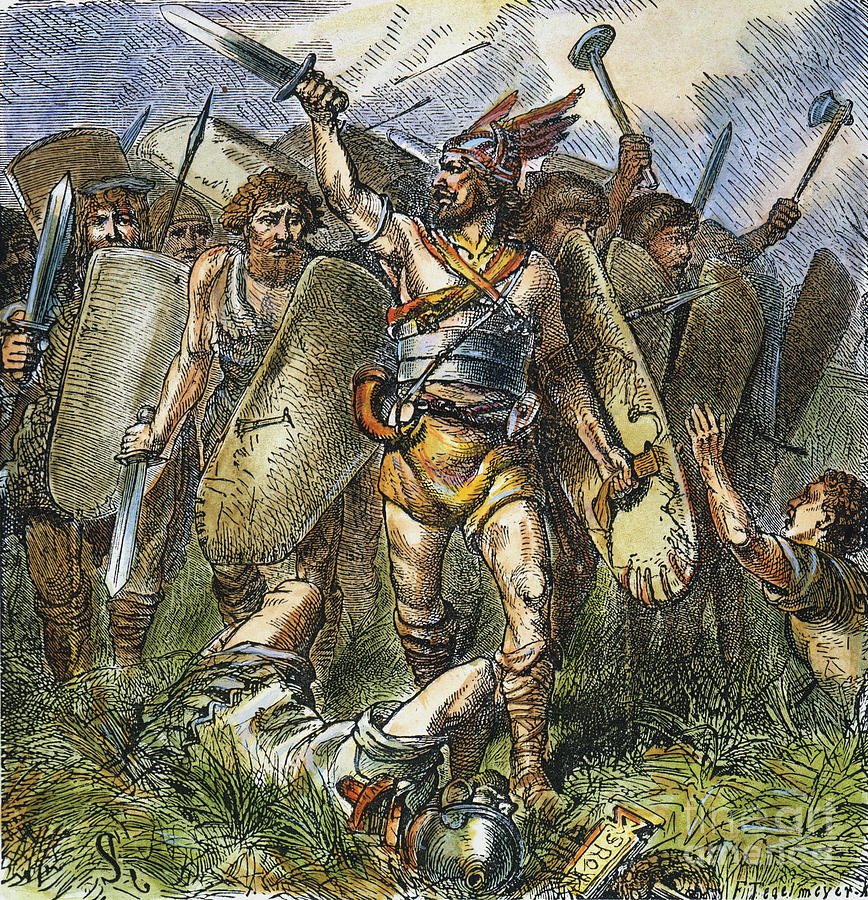

And, while Roman, Visigothic and Muslim heritages all live on today in varying degrees, the medieval legacy of the Vikings in Spain is more obscure This may partly be due to the fact that their raids on Spain from the ninth to the 11th centuries coincided with the ascendancy of Muslim rule there – a key focus of historians since the 1980s. Spain has suffered invasion and conquest more than any other European country except perhaps Russia. The festival commemorates Galicia’s resistance to the Viking raids that took place there a more than 1,000 years ago, when the invaders tried to plunder the treasures of the cathedral of Santiago de Compostela.

This year there were actually six Viking longboats in the festival, a reflection of its growing popularity in the region. A Galician celebration After the battle, both victors and Vikings share a traditional lunch of mussels and octopus, and perform the verbena, a traditional Galician dance. The boat, manned by townsfolk disguised as Viking warriors, stages a ferocious onslaught on the town which is successfully fended off by the other residents in a tussle that ends up with both sides soaked not in blood, but wine. Every year, on the first Sunday in August, the replica of an 11th-century Viking longboat sails up the river Ulla to the town of Catoira in northern Spain. Odin and Norse mythology - The Lesser-Known Viking History of Spain The Vikings in Spain: What we know about the Norse exploration of Spain in the Viking Age.


 0 kommentar(er)
0 kommentar(er)
